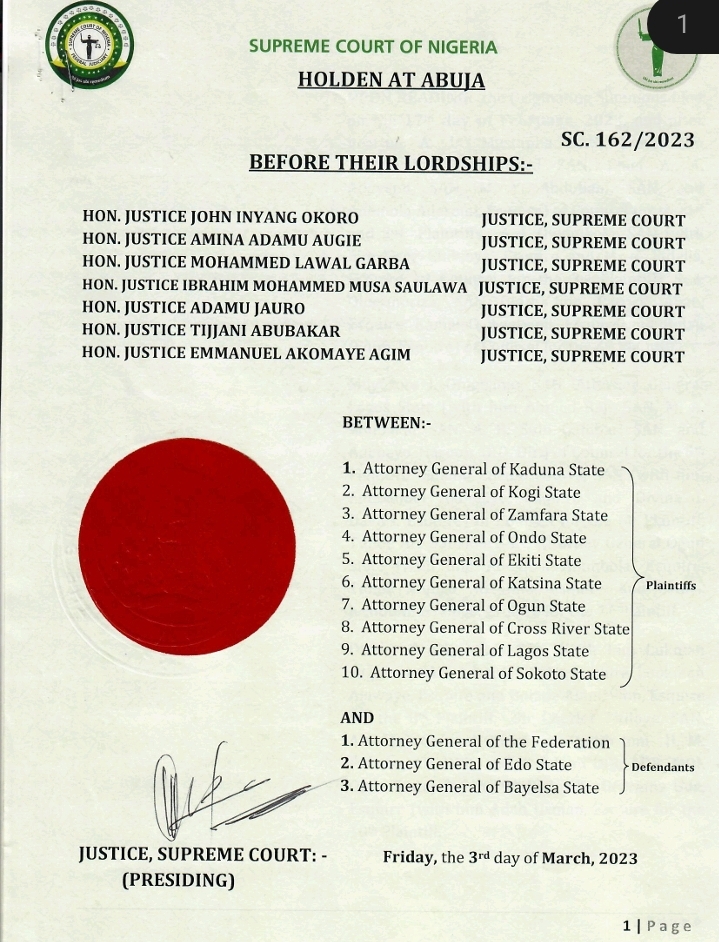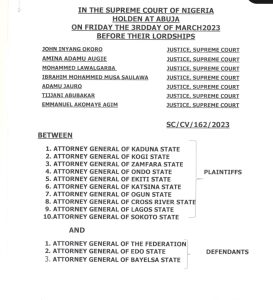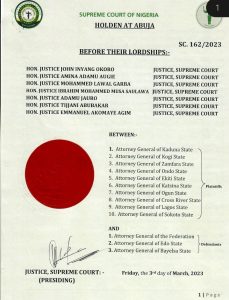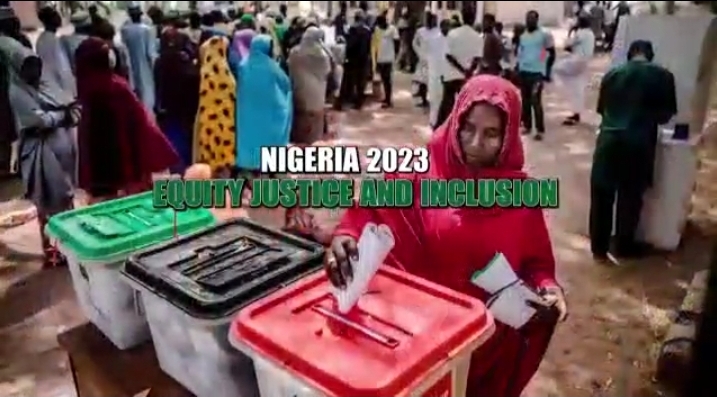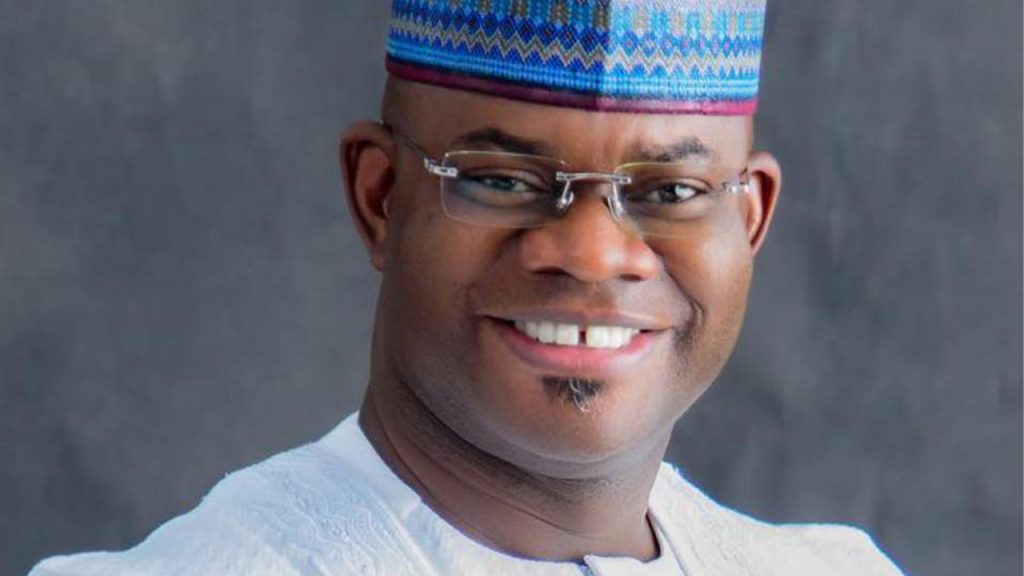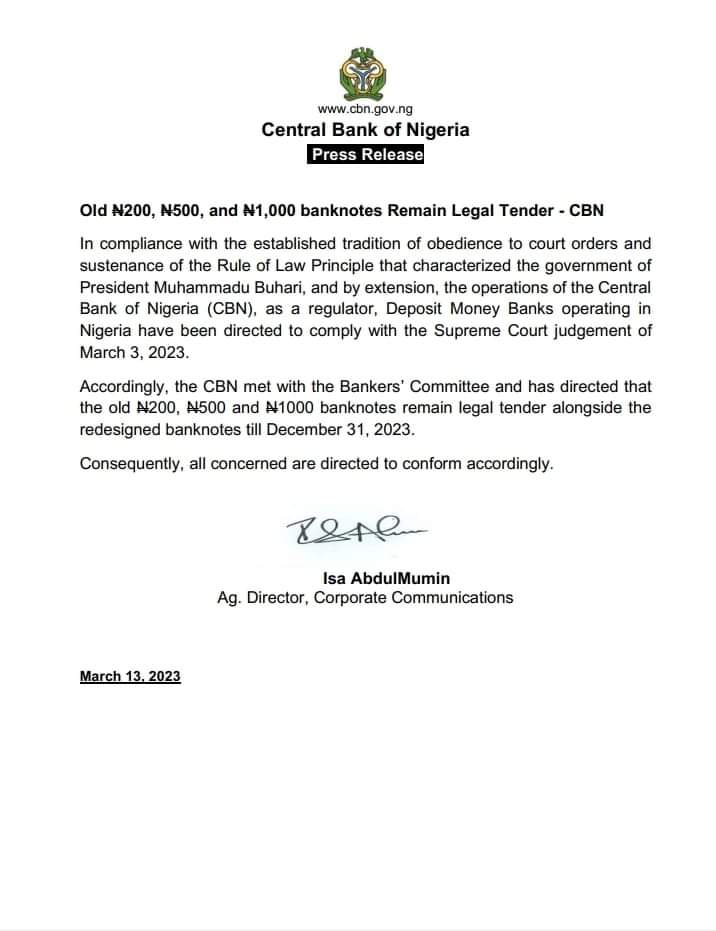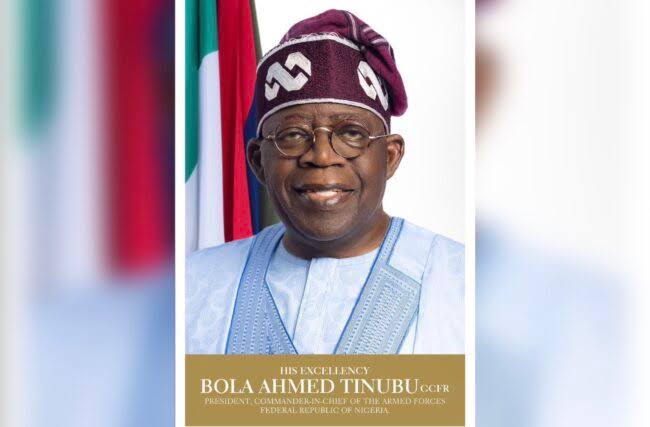Kogi, Kaduna and Zamfara States lead the way, as Supreme Court Decides Implementation of Naira Redesign Policy
The Nigerian Supreme Court delivered a landmark judgment on March 3rd, 2023 on the Federal Government’s naira redesign policy, bringing an end to a sharp but serious legal skirmish between some state governments led by the trio of Kogi, Kaduna and Zamfara and the federal government of Nigeria on the controversial implementation of the Naira Redesign policy by the later.
In a nutshell, the apex court nullified the policy and declared it an affront to the 1999 Constitution. The Court also ordered that the old N200, N500, and N1,000 notes should remain in circulation until the 23rd of December, 2023.
It would be recalled that the naira redesign policy was announced by the Central Bank of Nigeria (CBN) to take control of the naira in circulation, manage inflation, combat counterfeiting, and ransom payment. However, the acute scarcity of the new notes made the deadline unfeasible, prompting the bank, with the approval of President Muhammadu Buhari, to extend the legal tender status of the old notes until 10 February.
Three state governments (Kaduna, Kogi, and Zamfara) sued the federal government at the Supreme Court for a reversal of the policy on 3 February, citing the hardship the continued scarcity of naira notes brought to their people. The number of plaintiffs rose to 16 after six new states were added to the three initial plaintiffs during the hearing of the case on 22 February, three days to the national elections held on 25 February.
The biting cash crunch featured as a major issue in the lead-up to the elections, with many fearing that it could derail the process. The National Assembly asked the CBN to extend the deadline for acceptance of the old naira notes by six months, but the apex bank only extended it by ten days, citing that the deadline was not going to be extended further.
While the CBN’s redesign of the banknotes was done with the best of intentions, it was met with opposition from Nigeria’s finance minister, Zainab Ahmed, and APC presidential candidate, Mr Tinubu, who said during his campaigns that the policy was orchestrated to ensure his defeat in the election. The World Bank, IMF, and other international development agencies also advised the federal government to avoid implementing such a heavily disruptive policy with such haste, but all entreaties were ignored.
The Supreme Court’s interim order suspended the implementation of the deadline set by the federal government and directed that the old and new notes should continue to circulate. However, the CBN insisted that the old notes had stopped being legal tender after the 8 February deadline, while the scarcity of the new notes persisted. The stage was set for an epic battle at the Supreme Court.
In its judgment, the Supreme Court declared that the demonetization policy of the Federal Government was inconsistent with the CBN Act. It also declared that the President cannot make a unilateral policy without carrying the Plaintiffs along and that in issuing the policy, the President was under an obligation to carry the National Council of States along. The Court further stated that the policy had impeded the functions of state governments and that the directive of the President was illegal.
The Nigerian apex court’s decision has provided critical clarity on the legality of the naira redesign policy and its implementation. The decision by the three state governments to take the matter to the Supreme Court was a bold move and has certainly expanded the constitutional liberties of present and future Nigerians.
The judgment is a clear indication that executive powers must be exercised in accordance with the law and the constitution. It is hoped that this decision will set a precedent for future cases and will ensure that the rule of law is upheld in Nigeria.
Click on the images below to view the PDF version of the Supreme Court judgement on the Naira redesign policy.

